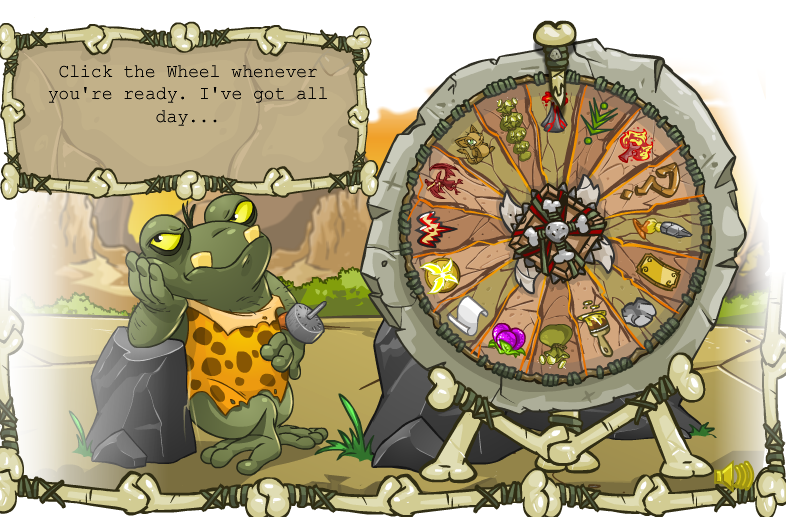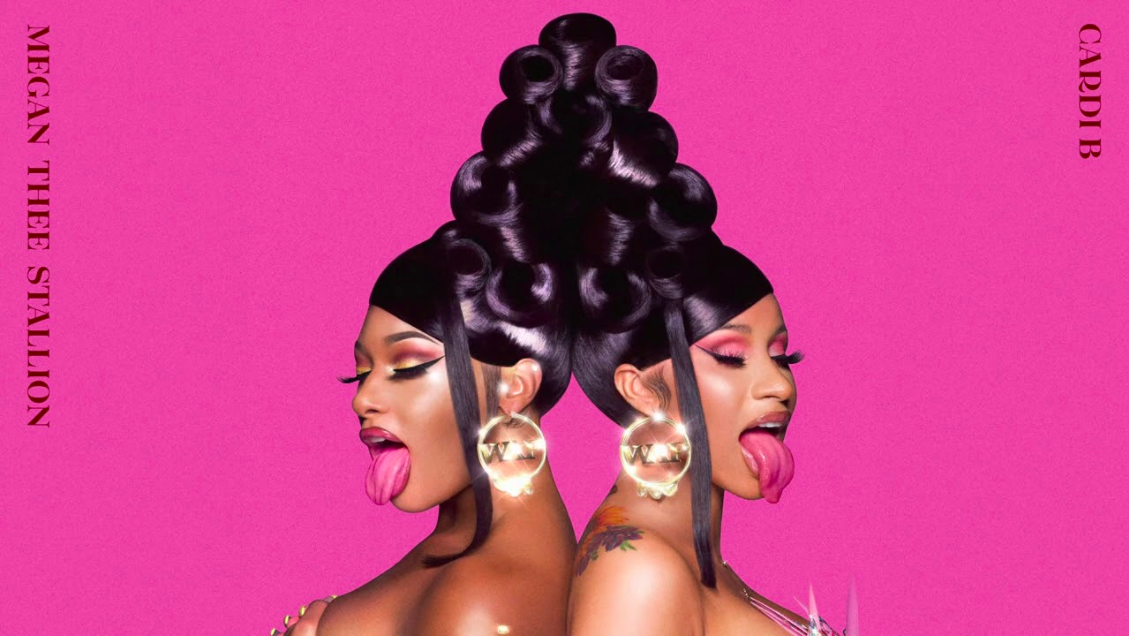We often hear the term intersectionality in sociology, women and gender studies, and sometimes politics. The word was coined by Kimberlé Crenshaw and is used to describe how social categorizations such as race, gender, and class are interrelated, and how this interrelatedness creates independent systems of discrimination. Many people live at the intersection of these types of discrimination, and these intersections differ from person to person. My intersection is trifold: woman, black and immigrant. Coming to Nova Scotia wasn’t what I expected it to be – I didn’t expect my identity markers to become an issue. Boy, was I wrong.
I was isolated for a period of time before a group of African students found me and, to this day, some of my closest friends are those I met through the first set of Africans who befriended me. I will be the first to admit that I am not necessarily the best at conversing with strangers, but I have found that interacting with certain individuals has been uncomfortable. I sometimes felt like they were walking on eggshells when they spoke to or around me. At first, I didn’t realize what was happening, so I thought to myself: what can I do to make myself less intimidating and more approachable? The answer was conformity. I tried conforming to what society views as normal or acceptable, but it didn’t help, so I stopped trying.
This makes me wonder if students at Acadia are scared of talking to students of color, students who are ethnically different, or just different in general. Acadia prides itself on its diversity, but it’s pretty clear that that’s all word of mouth. There is an obvious disconnect between the different groups that exist on campus, and for a school that prides itself on diversity, there has been no major move to remedy the situation. We have an equity officer hired by the university who comes in once a week. She has been hired to help create a more equitable campus, but how feasible is it for her to accomplish this lofty goal in eight hours, once a week, and when students are somewhat uncomfortable having conversations with people who are from different places and who look different. Everyone has bias, and that’s acceptable, but in order to truly create an equitable campus atmosphere that moves beyond policy creation, students need to confront these biases and have uncomfortable discussions. University should be a place where we meet a variety of people, with a variety of world views, with the understanding that sometimes, these views may clash. For this to happen, the university needs to create spaces where everyone would be comfortable enough to have these conversations. Difference should be celebrated and encouraged, not ignored, feared or shunned.
Nendelmwa Gofwan is a fourth year Politics and Sociology student and President of the Black Students Association





